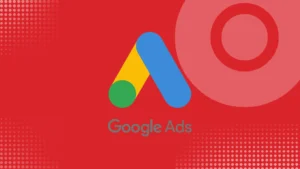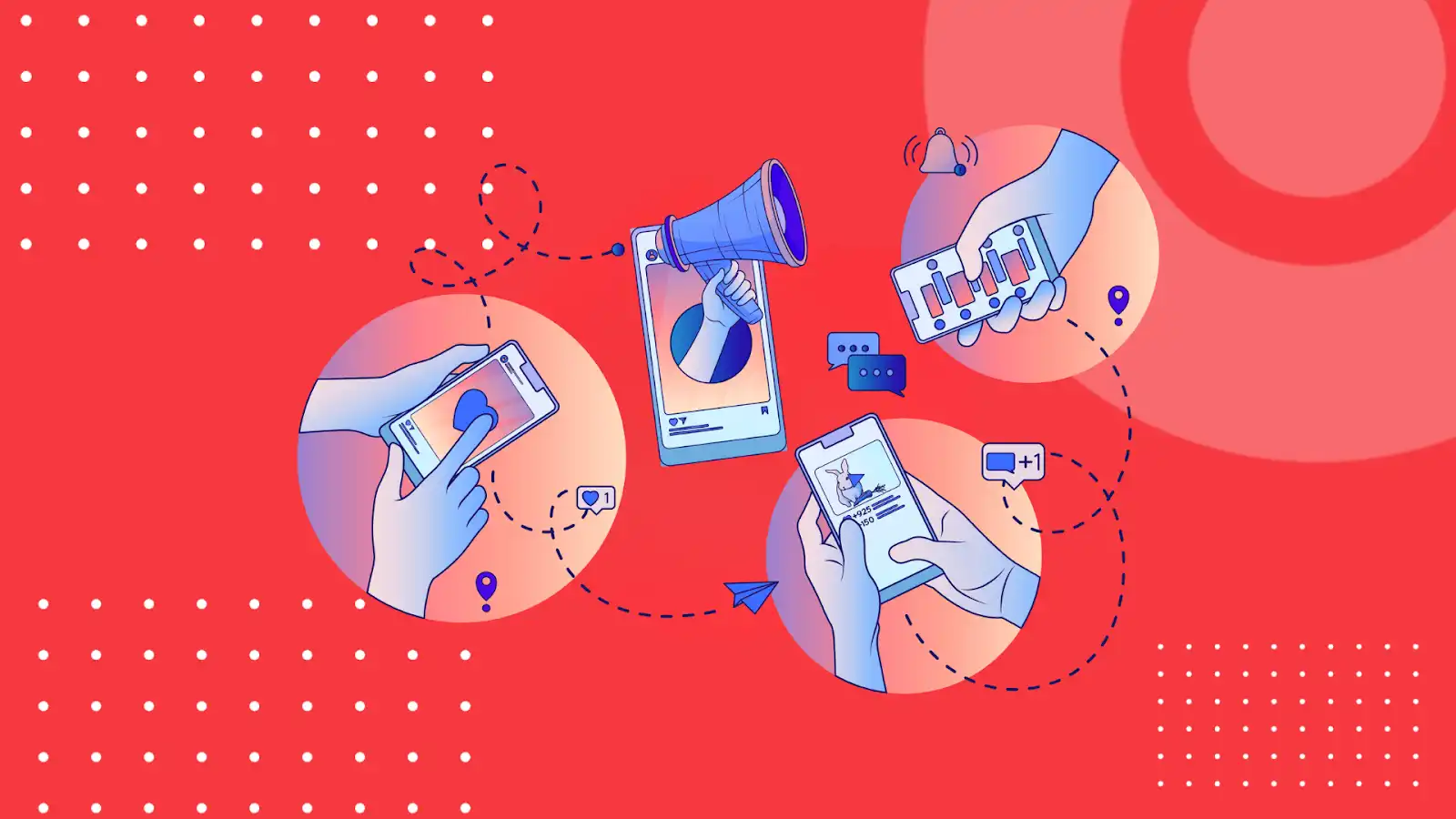Google Tightens Verification for Lawyers in Local Services Ads

Introduction
Google continues to enhance its advertising platform to promote authenticity and trust. One of its latest initiatives involves tightening ID verification requirements for lawyers using Local Services Ads (LSAs). This move aims to reduce fraud and ensure consumers find reliable legal professionals. However, this additional step may present some challenges for businesses trying to stay competitive in the digital space.
The development is vital in tackling fraud and, more importantly, in strengthening consumer trust, as Google imposes new identity verification standards for lawyers who utilise Local Services Ads. With Google’s latest development, law firms and practices will be required to give extra confirmation of the identities of the business owners, senior partners, and experts listed. This is one of the tough procedures that Google has implemented thus far to assure trust in the ad ecosystem and protect customers from dishonest people.
What is LSA?
The LSA had been an ideal location for advertising, particularly where direct customers interacted with it. For example, the services that a company offers are displayed on it, and clients can readily find what they require from them. This avenue has recently seen an increase in fraudulent activity. Google is attempting to maintain consumer trust by implementing new verification processes and ensuring that only reputable providers of legal services appear on its platform.
How Will It Work?
- Evident, Google’s partner, will send an email to attorneys regarding the procedure of verification.
- Lawyers will have 30 days to complete the identity verification procedure.
- Verified identities will then be cross-checked by professionals with the respective license information.
Why is this Verification Required?
Online scams and fraudulent activities have been a major source of concern in recent years. The legal community has not been left out in this. Scammers have used the internet platform to impersonate legitimate lawyers and defraud unsuspecting clients, among other unethical practices. To address this issue and protect consumers, Google has decided to implement more strict verification methods for LSAs using lawyers.
The Benefits of Google’s New ID Verification
While this new verification process may sound hectic, it offers several advantages:
-
Increased Trust:
Clients are more likely to trust lawyers whose identities and credentials have been verified by Google. This verification serves as a badge of authenticity and boosts the credibility of your firm.
-
Enhanced Visibility:
By filtering out fraudulent or less trustworthy competitors, law firms that comply with the verification process may experience better rankings and increased visibility on Google.
-
Higher Conversion Rates:
Potential clients are more likely to contact lawyers who have undergone rigorous verification processes, which can lead to higher conversion rates from ads to clients.
Conclusion
Google’s new ID verification requirement for lawyers using Local Services Ads is a positive step toward reducing fraud and ensuring trust in the legal profession. While the process may pose some challenges, the potential benefits of increased credibility and visibility are invaluable for law firms looking to stay competitive online. By preparing ahead of time and ensuring all documentation is in order, your firm can navigate these changes smoothly and continue to attract new clients through Local Services Ads.
Google’s new ID verification requirement aims to reduce fraud and ensure only verified, trustworthy online advertiser is advertised through Local Services Ads.
Lawyers must submit government-issued IDs, bar licenses, and may be subject to additional background checks as part of the new verification process.
Law firms should organise necessary documentation, keep licenses up to date, and maintain communication with Google’s support team to ensure a smooth verification process.





